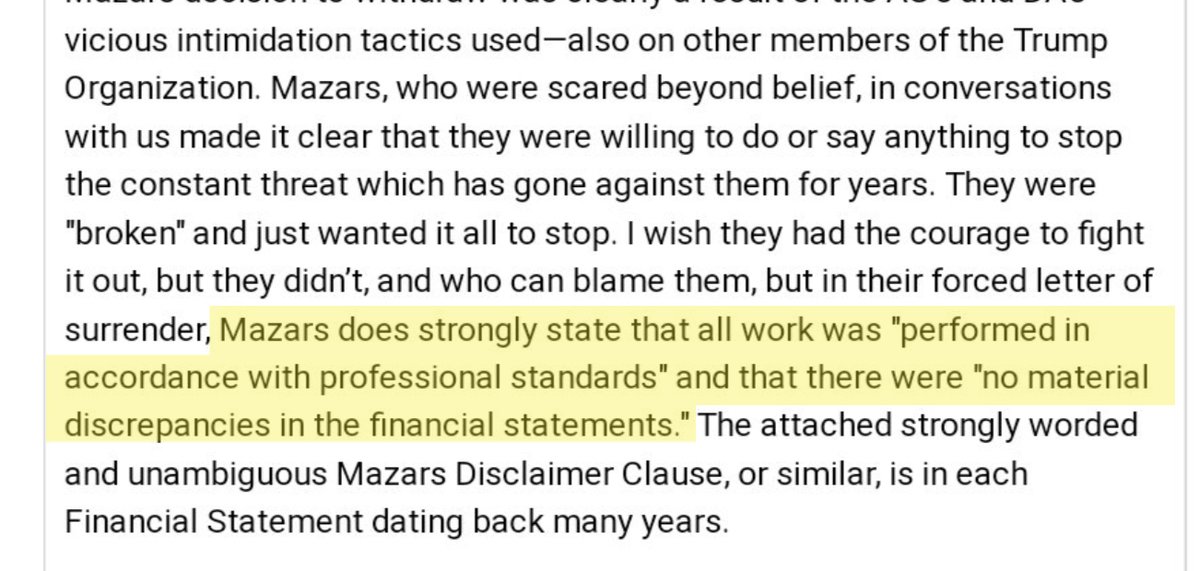
Trump lost in court THREE MORE TIMES today.
Trump tried to get all three of these cases⤵️ dismissed and lost. I analyzed one of the cases last April, Blassingame, here: (Transcript on my blog.)
He tends not to do well in court, where facts matter.
1/
Trump tried to get all three of these cases⤵️ dismissed and lost. I analyzed one of the cases last April, Blassingame, here: (Transcript on my blog.)
He tends not to do well in court, where facts matter.
1/

The defendants made the following arguments (screenshot #1)
Trump also claims, among other things, that he has absolute immunity. (#2)
It turns out that the absolute immunity question isn't as easy as you might think (but Trump still lost).
2/

Trump also claims, among other things, that he has absolute immunity. (#2)
It turns out that the absolute immunity question isn't as easy as you might think (but Trump still lost).
2/


If you want to get caught up on one of the cases, my analysis from last April is here:terikanefield.com/blassingame-v-…
And here:
You can read the court's decision here: storage.courtlistener.com/recap/gov.usco…
3/
And here:
You can read the court's decision here: storage.courtlistener.com/recap/gov.usco…
3/
Meanwhile, I'll have to come back and finish this thread later.
Real Life Is Intruding on my Twitter Life 😆
Real Life Is Intruding on my Twitter Life 😆
Plaintiffs are seeking damages from the insurrection Trump incited.
Trump claims that he can't be sued for actions taken as president. He claims as president he has a duty to make sure laws are enforced, which includes the Electoral Count act and certification of the vote.
4/
Trump claims that he can't be sued for actions taken as president. He claims as president he has a duty to make sure laws are enforced, which includes the Electoral Count act and certification of the vote.
4/

He also says that the president, as part of his job, can speak on matters of public importance.
Problem #1: It is not the president's business to monitor what Congress does (and Congress certifies the vote.)
5/

Problem #1: It is not the president's business to monitor what Congress does (and Congress certifies the vote.)
5/


Problem #2: When the court analyzed whether Trump's words inciting the insurrection were in "performance of an official act" it didn't come out well for Trump.
The court marched through some examples that were certainly not in performance of an official act:
6/
The court marched through some examples that were certainly not in performance of an official act:
6/

Lots of other examples and arguments but the bottom line is that these cases go forward.
In contrast, almost all of Trump's election fraud lawsuits were dismissed at this stage.
Poor Trump. Legal troubles coming at him from all sides.
(I don't really feel sorry for him)
7/
In contrast, almost all of Trump's election fraud lawsuits were dismissed at this stage.
Poor Trump. Legal troubles coming at him from all sides.
(I don't really feel sorry for him)
7/
• • •
Missing some Tweet in this thread? You can try to
force a refresh














